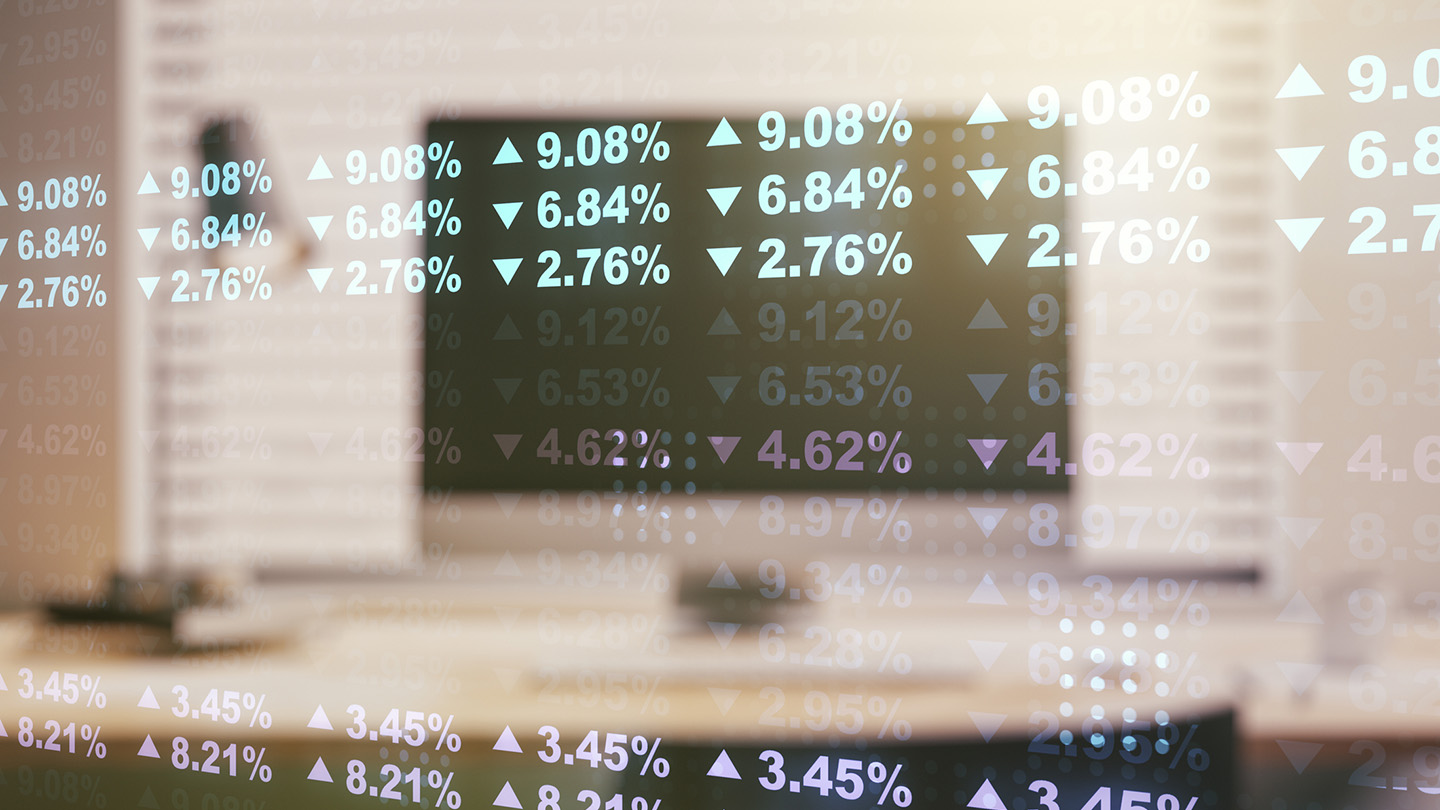From startups to legacy brands, you're making your mark. We're here to help.
-
Innovation Economy
Fueling the success of early-stage startups, venture-backed and high-growth companies.
-
Midsize Businesses
Keep your company growing with custom banking solutions for middle market businesses and specialized industries.
-
Large Corporations
Innovative banking solutions tailored to corporations and specialized industries.
-
Commercial Real Estate
Capitalize on opportunities and prepare for challenges throughout the real estate cycle.
-
Community Impact Banking
When our communities succeed, we all succeed. Local businesses, organizations and community institutions need capital, expertise and connections to thrive.
-
International Banking
Power your business' global growth and operations at every stage.
Key Links
Prepare for future growth with customized loan services, succession planning and capital for business equipment.
-
Asset Based Lending
Enhance your liquidity and gain the flexibility to capitalize on growth opportunities.
-
Equipment Financing
Maximize working capital with flexible equipment and technology financing.
-
Trade & Working Capital
Experience our market-leading supply chain finance solutions that help buyers and suppliers meet their working capital, risk mitigation and cash flow objectives.
-
Syndicated Financing
Leverage customized loan syndication services from a dedicated resource.
-
Commercial Real Estate
Capitalize on opportunities and prepare for challenges throughout the real estate cycle.
-
Employee Stock Ownership Plans
Plan for your business’s future—and your employees’ futures too—with objective advice and financing.
Key Links
Institutional Investing
Serving the world's largest corporate clients and institutional investors, we support the entire investment cycle with market-leading research, analytics, execution and investor services.
-
Institutional Investors
We put our long-tenured investment teams on the line to earn the trust of institutional investors.
-
Markets
Direct access to market leading liquidity harnessed through world-class research, tools, data and analytics.
-
Prime Services
Helping hedge funds, asset managers and institutional investors meet the demands of a rapidly evolving market.
-
Global Research
Leveraging cutting-edge technology and innovative tools to bring clients industry-leading analysis and investment advice.
-
Securities Services
Helping institutional investors, traditional and alternative asset and fund managers, broker dealers and equity issuers meet the demands of changing markets.
Key Links
Providing investment banking solutions, including mergers and acquisitions, capital raising and risk management, for a broad range of corporations, institutions and governments.
-
Center for Carbon Transition
J.P. Morgan’s center of excellence that provides clients the data and firmwide expertise needed to navigate the challenges of transitioning to a low-carbon future.
-
Corporate Finance Advisory
Corporate Finance Advisory (“CFA”) is a global, multi-disciplinary solutions team specializing in structured M&A and capital markets. Learn more.
-
Development Finance Institution
Financing opportunities with anticipated development impact in emerging economies.
-
Sustainable Solutions
Offering ESG-related advisory and coordinating the firm's EMEA coverage of clients in emerging green economy sectors.
-
Mergers and Acquisitions
Bespoke M&A solutions on a global scale.
-
Capital Markets
Holistic coverage across capital markets.
Key Links
A uniquely elevated private banking experience shaped around you.
-
Banking
We have extensive personal and business banking resources that are fine-tuned to your specific needs.
-
Investing
We deliver tailored investing guidance and access to unique investment opportunities from world-class specialists.
-
Lending
We take a strategic approach to lending, working with you to craft the fight financing solutions matched to your goals.
-
Planning
No matter where you are in your life, or how complex your needs might be, we’re ready to provide a tailored approach to helping your reach your goals.
Whether you want to invest on your own or work with an advisor to design a personalized investment strategy, we have opportunities for every investor.
-
Invest on your own
Unlimited $0 commission-free online stock, ETF and options trades with access to powerful tools to research, trade and manage your investments.
-
Work with our advisors
When you work with our advisors, you'll get a personalized financial strategy and investment portfolio built around your unique goals-backed by our industry-leading expertise.
-
Expertise for Substantial Wealth
Our Wealth Advisors & Wealth Partners leverage their experience and robust firm resources to deliver highly-personalized, comprehensive solutions across Banking, Lending, Investing, and Wealth Planning.
Explore a variety of insights.
Key Links
Insights by Topic
Explore a variety of insights organized by different topics.
Key Links
Insights by Type
Explore a variety of insights organized by different types of content and media.
Key Links
We aim to be the most respected financial services firm in the world, serving corporations and individuals in more than 100 countries.
Key Links

Business owners wear many hats—and in an increasingly uncertain market, one of those roles is economist. It’s not enough to know the ins and outs of your operation and understand the needs of your customer base and the competitive landscape. To set your firm up for long-term, forward-looking success, you should interpret the economic factors that could impact your business plans.
These are 10 economic indicators midsize business leaders should regularly track to better understand economic conditions and make informed decisions.
1. Gross domestic product (GDP)
GDP measures the total value of all goods and services produced in a country. It’s a leading indicator of broad economic health and can help businesses understand the overall economic environment.
A crystal ball and a rearview mirror
- Leading indicators forecast where the economy might be heading.
- Lagging indicators reflect the economy’s historical performance.
2. Consumer spending
Consumer spending is a crucial driver of economic growth. Tracking trends in consumer spending can help businesses anticipate demand for their products or services.
3. Unemployment rate
Labor market statistics are lagging indicators—the data requires time to gather, calculate and report. A high unemployment rate may indicate a weaker economy, while a low rate could suggest a stronger economy with greater consumer spending.
4. Interest rates
Interest rates set by the Federal Reserve, the central bank of the U.S., can impact borrowing costs for businesses. Changes in interest rates can influence consumer spending, investment decisions and overall economic activity.
5. The Consumer Price Index (CPI)
The CPI, also called the inflation rate, reflects increases in cost of living, or inflation. The U.S. Bureau of Labor Statistics publishes the CPI monthly. Inflation measures the rate at which prices for goods and services rise over time. Businesses need to monitor inflation to adjust their pricing strategies and account for rising costs.
6. Business Confidence Index
This index measures business owners' confidence in the economy based on opinion surveys on future developments. It considers production, orders and stocks of finished goods. A high confidence level can indicate optimism about future economic conditions, which can lead to increased investment and growth.
7. Stock market performance
Stock markets track the values of publicly traded companies, which are just one part of the broader economy. While not a direct economic indicator, the performance of stock markets can reflect investor sentiment and overall economic health. Businesses may track stock market trends to gauge market sentiment.
8. Trade balance
Trade balance measures the difference between a country’s exports and its imports. Changes in the trade balance can impact exchange rates, which can affect businesses engaged in international trade across different currencies.
9. The housing market
Housing market indicators, such as housing starts, home sales and home prices, can provide insights into consumer confidence and spending patterns. Changes in the housing market can directly impact businesses related to construction, real estate, and home improvement.
10. Public policy and regulations
Changes in government policies and regulations—from local ordinances up to international treaties, in some cases—can significantly impact businesses. It's important for business owners to stay informed about potential policy changes that could affect their operations.
Decoding divergent data? Dive even deeper
In recent years, many of these factors show competing trajectories. This can make interpretation of these factors difficult for even savvy business leaders. Having expert insight to help guide your understanding is critical.
Sign up for our weekly Economic & Market Update to read the latest insights from Ginger Chambless, Head of Research for Commercial Banking, delivered directly to your inbox.
By monitoring these economic indicators, midsize business owners can gain valuable insights into the overall economic environment and make informed decisions to navigate challenges and seize opportunities.
JPMorgan Chase Bank, N.A. Member FDIC. Visit jpmorgan.com/cb-disclaimer for disclosures and disclaimers related to this content.
Related insights

Economy
Data to decode: The economics of being a business owner
May 01, 2024
Set your organization up for long-term success using 10 key economic indicators to track and inform your decisions.

Economy
Apr 19, 2024
Understanding the factors driving the price of gold, and some of the reasons it could be effective in a portfolio construction.

Economy
Bonds may play a renewed role in portfolios – are you ready?
Mar 21, 2024
Inflation is moving steadily lower, paving the way for the return of favorable negative stock-bond correlation.

Economy
5 better ways to track inflation in 2024 and beyond
Feb 20, 2024
Don’t fear inflation re-accelerating. But it’s important to consider its future path. Here are five key takeaways from our latest analysis.

Economy
Consumer trends: 2008 vs. today
Aug 09, 2023
Our experts look at how U.S. consumer habits and preferences have evolved since the global financial crisis — and how businesses can continue to adapt.

16:12 - Economy
Research Recap | El Niño and the impact on agriculture
Jul 26, 2023
In this episode of Research Recap, discover how El Niño will affect crop yields and other commodities.

Economy
April CPI: Inflation was moderate, but still elevated
May 11, 2023
The Bureau of Labor Statistics reported that its benchmark inflation reading came in at 4.9% year-over-year. Learn more about the April 2023 CPI Report here.

Economy
April jobs report shows enduring strength in labor market
May 08, 2023
The U.S. economy added 253,000 jobs in April 2023, unsettling expectations for a continued cooldown in the labor market. Read more about the implications of the jobs report.
You're now leaving J.P. Morgan
J.P. Morgan’s website and/or mobile terms, privacy and security policies don’t apply to the site or app you're about to visit. Please review its terms, privacy and security policies to see how they apply to you. J.P. Morgan isn’t responsible for (and doesn’t provide) any products, services or content at this third-party site or app, except for products and services that explicitly carry the J.P. Morgan name.